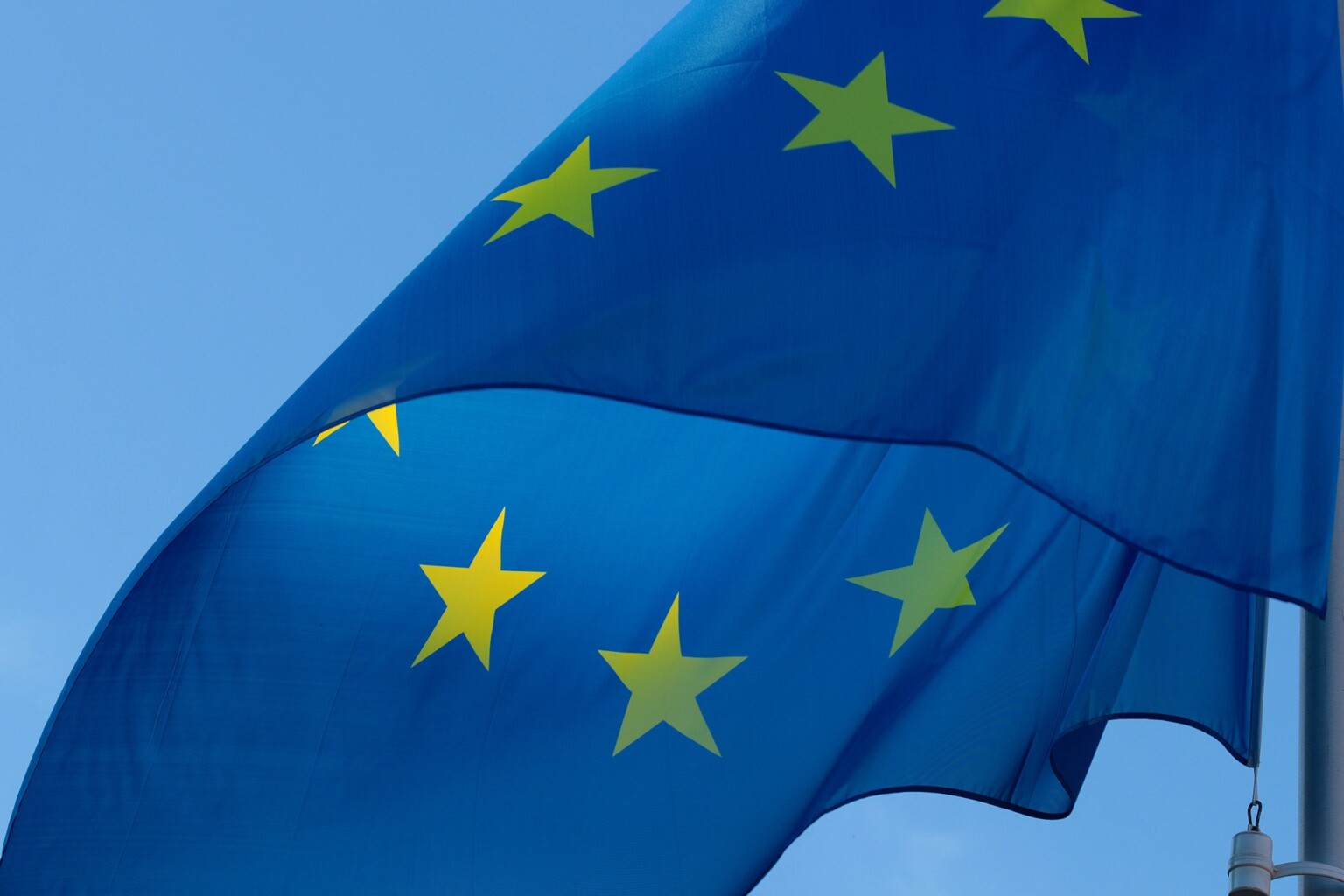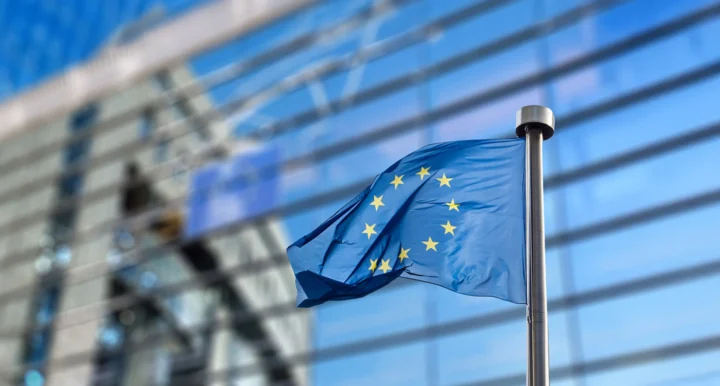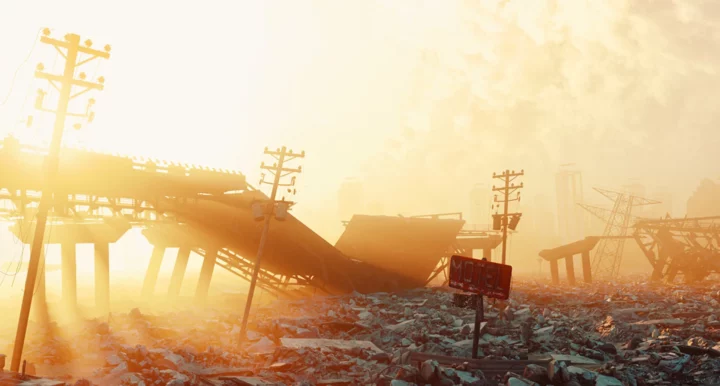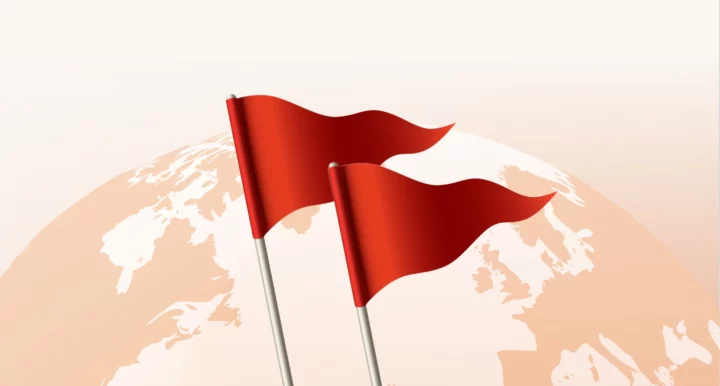In September 2022, the EU renewed its efforts to combat modern slavery with a proposal for a far-reaching ban on the import of goods made with forced labour.
An estimated 27.6 million people around the world are forced to work by criminal organisations or repressive governments. In addition to the suffering they endure, the sale of the products they make goes towards perpetuating harmful criminal activity and anti-democratic regimes. If passed, the EU’s proposal would introduce sweeping changes for businesses operating across the bloc, especially in supply chain compliance, where firms would have new due diligence obligations and face strict penalties for violations.
Although the proposal’s implementation is still on the horizon, and must pass through the EU’s lengthy approval process, it is important that firms understand what shape the new rules and regulations will take, and what the potential implications will be on their business operations. With that in mind, let’s take a closer look at the details.
What are the new forced labour rules?
The EU’s proposed ban would cover all products in the common market that have been made with forced labour. The ban would prevent both their import for sale in the EU, and their export from the bloc.
Under the new rules, EU member states will be required to designate competent domestic authorities to implement and enforce the ban when it comes into effect. National authorities will be responsible for investigating potential violations, and deciding which products to prohibit within their jurisdiction. Those decisions will be made on a risk-based basis, and domestic customs agencies will follow the guidance of the competent authorities in taking action to prevent forced labour products entering and exiting the EU. The EU will establish a public database of forced labour risks to support member states as they build out their enforcement infrastructure.
The process for determining whether products have been made by forced labour will involve the following investigatory phases.
In the first phase of the process, member state authorities will take a risk-based approach to allowing goods to enter or leave the EU common market, which will involve a risk assessment of each product. If the assessment determines that forced labour has been involved in the goods’ production, an investigation will commence.
The second phase of the process involves the investigation itself. During this phase, the competent authority will analyse a range of information about the product in question, including:
- The risk that the product has been made using forced labour.
- Market surveillance and the compliance of similar products in other member states.
- Third party information about the product, including inputs from civil society.
- The level of due diligence applied by companies involved in the trade of the product.
The subjects of forced labour investigations will be required to provide authorities with any necessary information. Should the authorities determine there has been a violation, the product will immediately be prohibited from sale, while the economic operators responsible for it will be required to remove it from markets and dispose of it appropriately. The EU has stated that penalties for violations of the new forced labour laws will be determined under the national laws of each member state.
Implications for supply chains
While the EU’s proposed rules promise to help governments strike back at criminals that profit from modern slavery, they also mean that businesses will have to review their compliance standards to ensure that they are contributing effectively and are avoiding potential criminal risk. More specifically, the rules will require firms to impose much more robust due diligence, not just for customers and clients, but across all levels of their supply chains.
Supply chain due diligence refers to the need for firms to assess the compliance risks that they face from the third parties that they rely on to facilitate their business operations, including the sale of products and services. Environmental, social, and governance (ESG) factors, such as forced labour, are an increasingly important supply chain compliance priority, attracting both regulatory attention and the attention of the public and the media – which entails reputational damage in addition to any financial penalties.
Since the EU’s proposed ban focuses on imports and exports, firms will be expected to review their supply chain risk exposure. This may involve an examination of:
- The operational risks associated with a firm’s industry. Forced labour risks often correlate with the type of goods being handled.
- The risks associated with the geographical origin of products.
- The risk of products being imported or exported as a result of corrupt trading practices.
- The risk of products being imported or exported from a country designated on a sanctions list.
Global forced labour regulations
The EU is not alone in its efforts to address forced labour. In June 2022, the US introduced its own forced labour law, the Uyghur Forced Labor Prevention Act, which prevented companies from importing goods from China’s Xinjiang province. Under the law, any goods with ties to Xinjiang, the home of the persecuted Uyghur minority group, are presumed to have been made with forced labour. US companies must prove otherwise if they wish to import goods from Xinjiang, which means they must closely scrutinise their supply chains, from China and across Asia, to ensure they remain in compliance with the law.
The EU’s proposals will now be discussed by the European Parliament and the European Union Council. Once a final text is agreed, the EU will likely impose a 24-month implementation period for member state governments, with associated guidelines on how firms must adjust their due diligence compliance standards.
Achieving supply chain compliance
Responding to the announcement, industry observers have emphasised the need for supply chain reform to be driven by leadership. In the Wall Street Journal recently, Kit Conklin of risk data and software company Kharon suggested that “If the law passes as written, there’s going to be significant new due diligence requirements for industry,” adding that discussions about changes to existing compliance solutions must begin at a “C-suite level”.
Since supply chain due diligence means tracking vast amounts of customer data, often across international jurisdictions, it is vital that firms implement a suitable automated screening solution. Ripjar’s Labyrinth Screening platform was developed with this kind of high risk international screening in mind: integrating next generation machine learning technology, Labyrinth enables firms to search customer and third party names against thousands of watchlists, sanctions lists, and adverse media sources, in over 20 languages. Seamlessly blending structured and unstructured data, Labyrinth provides actionable supply chain intelligence that your business can use to ensure that it meets its supply chain due diligence obligations even as the compliance landscape changes.
To learn more about third party screening and supply chain due diligence, contact us today.
Last updated: 31 December 2024





